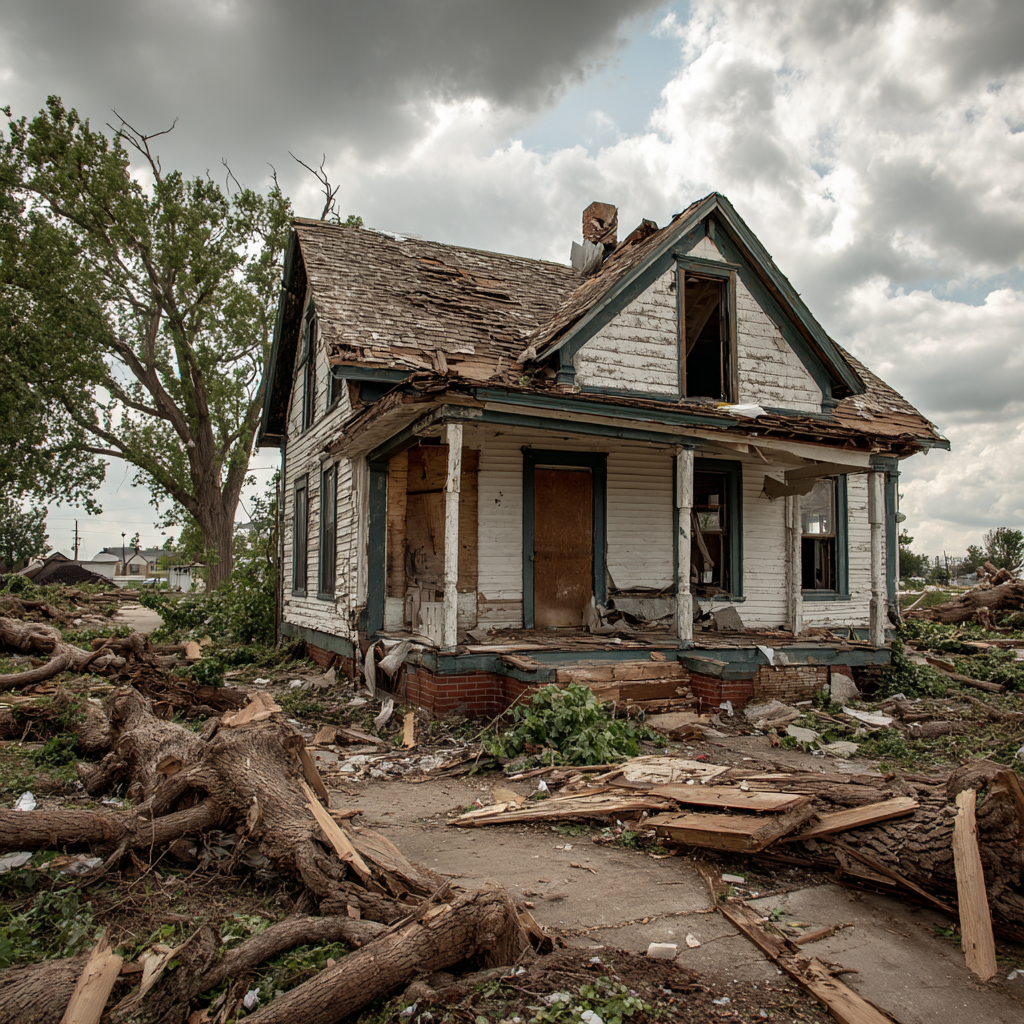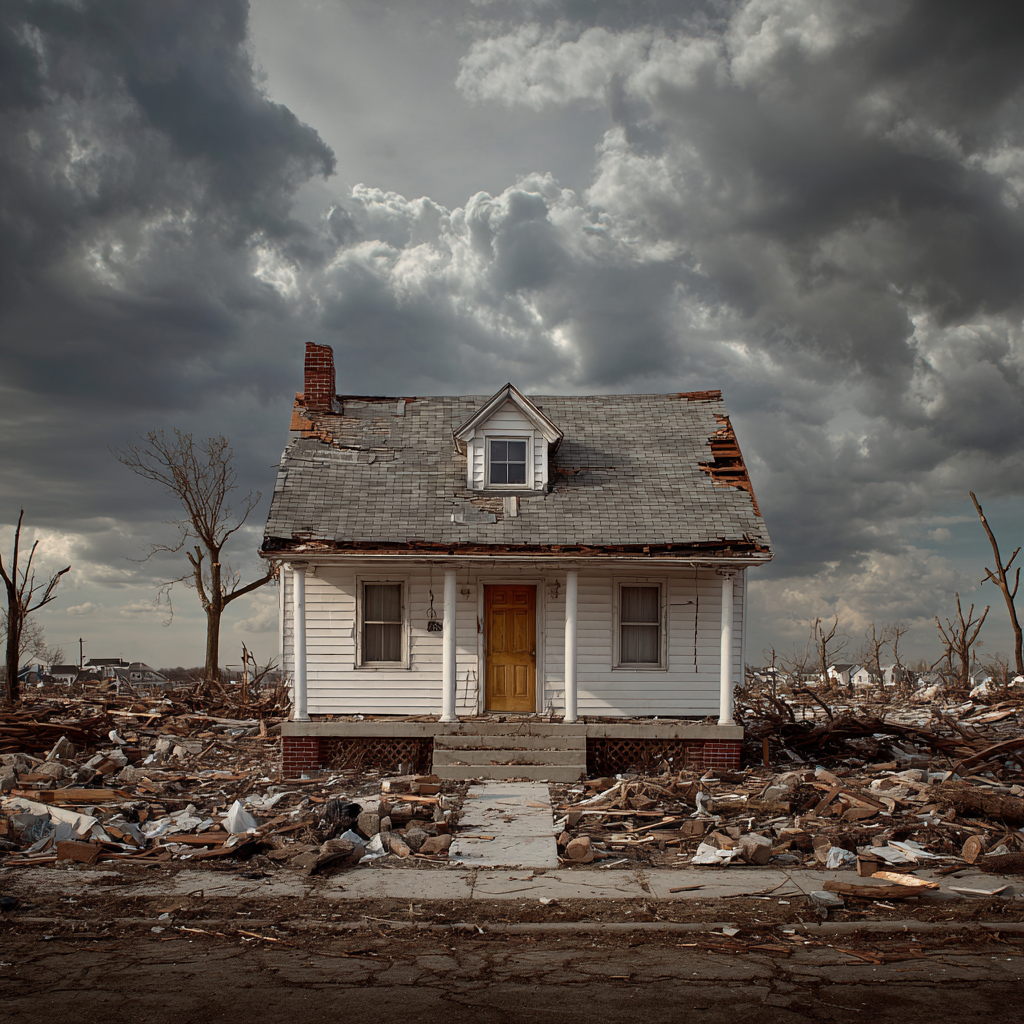Understanding Geico Claims: What Every Policyholder Needs to Know
TLDR: What You Must Know About Geico Claims and How to Get Paid Fairly
Filing a Geico property claim isn’t always direct—especially when third-party carriers get involved.
Expect a range of processing times, from a few days to several weeks, especially after storms.
Payouts depend heavily on your policy (ACV vs. RCV) and documentation.
Many policyholders are underpaid, not denied—and don’t realize they can dispute it.
Bringing in a public adjuster early can help ensure the final number reflects your real losses.
Getting Through Your Geico Claims, Stress-Free
After property damage, making a claim can feel like another blow when you’re already down. If Geico is your insurer, and you’re making your way through a claim on your contract — particularly after something serious like a fire, hurricane, flood, or frozen pipe — that can be complex. And while Geico is a name most Americans know, that doesn’t necessarily mean the claims process is particularly easy or generous.
This article is here to help you understand what really goes down when you file a Geico claim, how long it typically takes, what kind of payouts to expect, and the role a public adjuster can play in helping to balance the scales when the numbers don’t seem to add up.
Table of Contents
What Geico’s Advertisements Are Actually Saying to Property Owners
How to File a Claim with Geico: The Process and Pitfalls
How Long Does Geico Take to Process a Claim?
How Geico Pays Claims (Total Loss in Particular)
Does Geico Pay Claims Fairly?
Where a Public Adjuster Comes In
Why It Matters Who Your Advocate Is
Key Takeaways
When to Reach Out
1. What Geico’s Advertisements Are Actually Saying to Property Owners
Geico is most often associated with car insurance. But Geico also sells homeowners, renters, or condo insurance — often through third-party partners like Homesite or American Modern.
That’s where it gets complicated. If a storm wrecked your home in Florida or heavy snow collapsed your roof in Wisconsin — and you filed a claim with Geico — you may not be dealing with them at all. You’re now in a process that comes complete with onion layers: your insurer (Geico), the real underwriter (another company), and an adjuster who works for one or both. The result? Communication breakdowns, sluggish timelines, and a whole lot of back-and-forth.
2. How to File a Claim with Geico: The Process and Pitfalls
Strictly speaking, filing a claim with Geico is straightforward. You can file online, by phone, or with their app. The process starts simply:
You photograph, video, or take notes on the damaged areas
File the claim with your basic information and policy number
An adjuster is put in charge of investigating the loss
They provide a repair or replacement estimate
It sounds easy. But here’s where it gets tricky: the aftermath of that first estimate. Geico (or its partner carrier) often calculates a payout that barely covers the true cost of repairs—and you’re left feeling stuck. Most people don’t know they can challenge that. Or how to.
If something doesn’t seem right—or the payout doesn’t even begin to put things back together—that’s when you step back and evaluate your options.
3. How Long Does Geico Take to Process a Claim?
How long does Geico take to process a claim?
The answer? It varies.
Generally:
Expect to hear from an adjuster within 24–48 hours
Inspection within 3–7 days
Payout, if approved, can happen in 7–14 days
That’s assuming everything moves smoothly. In reality, delays happen when:
The adjuster disagrees with your contractor’s numbers
They request additional documentation
Your situation lands in a policy grey area
And during events like hurricanes in Florida or blizzards in Minnesota, the timeline stretches. Claims get bottlenecked. Adjusters get overwhelmed. Some property owners wait a month or more just for a decision. In the meantime, you might be forced to pay out-of-pocket just to keep your house livable.
4. How Geico Pays Claims (Total Loss in Particular)
How does Geico pay claims in total loss scenarios?
It depends on your coverage:
Actual Cash Value (ACV): What the damaged item is worth today (factoring depreciation)
Replacement Cost Value (RCV): The amount it would cost to replace it with something new
Geico and their partner carriers use both approaches—sometimes both in one claim. Often, you’ll get the ACV payout first, and then receive the withheld depreciation once repairs are completed and documented.
If it’s a total loss—say, your home was destroyed by fire or flood—you’ll usually receive an initial partial payout, but the rest is held until you meet specific documentation, rebuild, and proof-of-loss criteria. It’s a long, high-stakes process. If you miss a step, the final payment can be reduced or delayed.
5. Does Geico Pay Claims Fairly?
Does Geico pay claims well?
Sometimes. For basic, low-dollar claims, yes—it can go smoothly. But once structural damage or full rebuilds are involved, underpayment becomes a common complaint:
“The estimate was too low.”
“They blamed wear and tear.”
“I waited weeks for a response.”
Most claims don’t get denied—they get underpaid. The insurance company might approve the claim, but the payout won’t match real-world costs. If you don’t challenge it, that’s the final number you’re working with.
And because many Geico claims are handled by outside partners, there’s more room for inconsistencies and communication breakdowns.
6. Where a Public Adjuster Comes In
If you’ve hit a wall—or if the estimate just doesn’t feel right—a public adjuster can step in and take over. Their job is to represent you, not the insurance company. That’s the key difference.
They:
Review your policy and help you understand what’s actually covered
Conduct their own inspections—often identifying damage that was minimized or ignored
Build comprehensive repair estimates using the same tools insurers use
Manage negotiations, handle documentation, and push for a fair resolution
A public adjuster is your advocate. They know how to push back against vague explanations and vague math. If you're stuck trying to get a real payout from Geico or their partner carriers, they know where to apply pressure.
7. Why It Matters Who Your Advocate Is
When your home or business is on the line, you need someone who isn’t learning on the job. Someone familiar with Geico claims specifically—not just general insurance. Someone who knows how these partner carriers operate and how to escalate things without burning bridges.
That kind of experience can mean the difference between months of dead-ends and an actual settlement that helps you rebuild.
8. Key Takeaways
Filing a claim with Geico might be easy, but seeing it through isn’t always
Timelines vary, and claims often stall after major storms or in complex cases
Whether your policy uses RCV or ACV has a huge impact on your payout
If your settlement feels low, you’re not stuck—there’s a path forward
9. When to Reach Out
If you’re looking at a confusing or lowball settlement—or just want a second set of eyes on your Geico claim—reach out.
We work with homeowners and business owners across Florida, Minnesota, and Wisconsin to help them get what they’re actually owed. Free consultation, no pressure.
Contact Shoreline Public Adjusters to learn more and get support today.
Shoreline Public Adjusters, LLC
780 Fifth Avenue South
Suite #200
Naples, FL 34102Email: hello@teamshoreline.com
Phone: 954-546-1899
Fax: 239-778-9889





Discover comprehensive burst pipe repair costs for Minnesota and Wisconsin homeowners. This detailed guide covers repair pricing from $500 to $15,000+, what insurance covers, hidden costs like water damage and mold, and how to prevent expensive pipe failures. Learn cost factors including pipe location, material type, and damage extent. Expert insights help you understand when repair versus replacement makes sense and how public adjusters maximize insurance claims for water damage restoration.